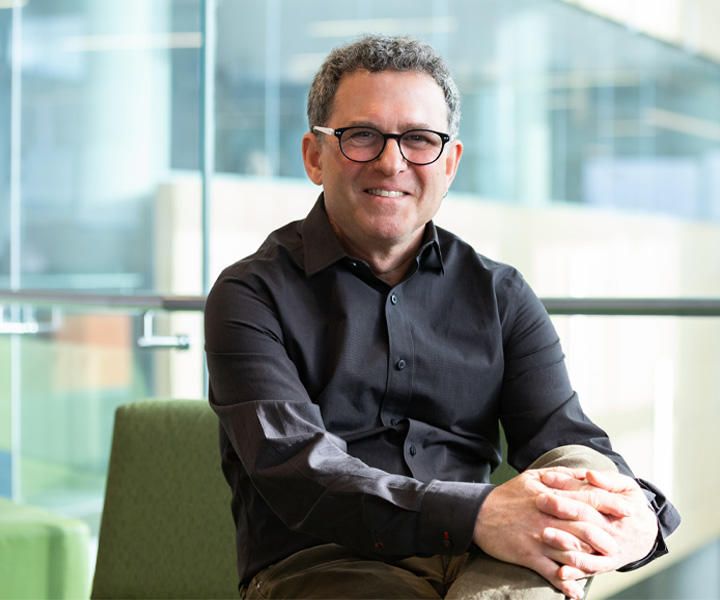
Seeds of Democracy: On the Essential Role of Schools in Shaping Society
In celebration of the U of R’s 50th Anniversary, the Faculty of Education is pleased to host a lecture series bringing together thought leaders, academics, students, and community members to discuss the possibility that is education.
While reflecting on his family’s experience in World War II, Dr. Joel Westheimer couldn’t help but ponder what schools should be doing today to teach children about civic participation, courage, and dissent. He argues that education should extend beyond preparing students for the job market; it must engage them in fundamental questions. What kind of society do we want to live in? What kind of people do we want our children to become and how can our schools be places where the seeds of democracy, equity, and justice are not only planted, but also tended and flourish?
Dr. Westheimer’s full speech:
Dr. Joel Westheimer is Professor and former University Research Chair in Democracy and Education at the University of Ottawa. He is also an education columnist for CBC Radio. A member of the National Academy of Education and a Fellow of the American Educational Research Association, Dr. Westheimer is an expert in civic education and the role of schools in democratic societies. His books include, What Kind of Citizen? Educating Our Children for the Common Good, Second Edition and Pledging Allegiance: The Politics of Patriotism in America’s Schools (foreword by the late Howard Zinn). He has delivered more than 350 keynote speeches, nationally and internationally, and is a regular contributor to newspapers and magazines including, The Washington Post, The Globe and Mail, The National Post, and the Toronto Star.

Dr. Joel Westheimer opens his speech by reflecting on our shared experiences during the COVID-19 pandemic. While acknowledging some positive changes, like the newfound appreciation for teachers and reduced standardized testing, he points out the widening achievement gap due to economic disparities. The pandemic exposed societal inequalities.
According to Dr. Joel Westheimer, to reclaim the transformative possibilities of education, three essential points must be emphasized:
- First, schools must prioritize relationships and community-building. The current discourse around education has devolved into a narrow focus on job training. Historically, public education aimed to prepare individuals to govern themselves and engage in civic life.
Public education was founded on the idea that for a democratic society to flourish, we needed people to be educated. Thus, fostering connections among students from diverse backgrounds, building community, and building relationships is crucial.
Effective schooling environments should enhance students’ sense of belonging and social skills, particularly for the post-pandemic generation. This requires dedicated time and space for teachers to cultivate relationships, which may involve reducing rigid curriculum demands, implementing flexible schedules, and ensuring smaller class sizes. Emphasizing relationships is not merely an educational strategy; it has been shown to improve school climate, reduce bullying, increase student attendance, and enhance overall well-being.
- Second, the obsession with standardized testing has narrowed educational focus. Recent reforms have prioritized math and literacy at the expense of other vital subjects, such as the arts and physical education. This narrow focus undermines the development of creativity, critical thinking, and emotional intelligence.
This myopic perspective resembles walking through the woods at night with a flashlight; while the light reveals a limited area, it obscures the surrounding context and possibilities. To truly expand educational goals, it is essential to loosen the constraints imposed by standardized testing and embrace a wider curriculum.
While standardized tests provide measurable data, they do not encompass the full spectrum of student growth or the qualities necessary for engaged citizenship.
- Finally, schools should serve as laboratories for democracy, equipping students to become active and informed citizens. The urgent need for this shift is underscored by a global decline in satisfaction with democracies. A concerning number of adults, particularly youth, express skepticism toward democracy, favouring authoritarian systems instead. Factors contributing to this disillusionment include political gridlock and unmet societal needs, such as climate change and education funding. Many young people have grown up in a political landscape where democracy seems ineffective.
The possibilities of education are boundless, but not guaranteed. Education must remain a complex human endeavour that prioritizes curiosity, imagination, and creativity.